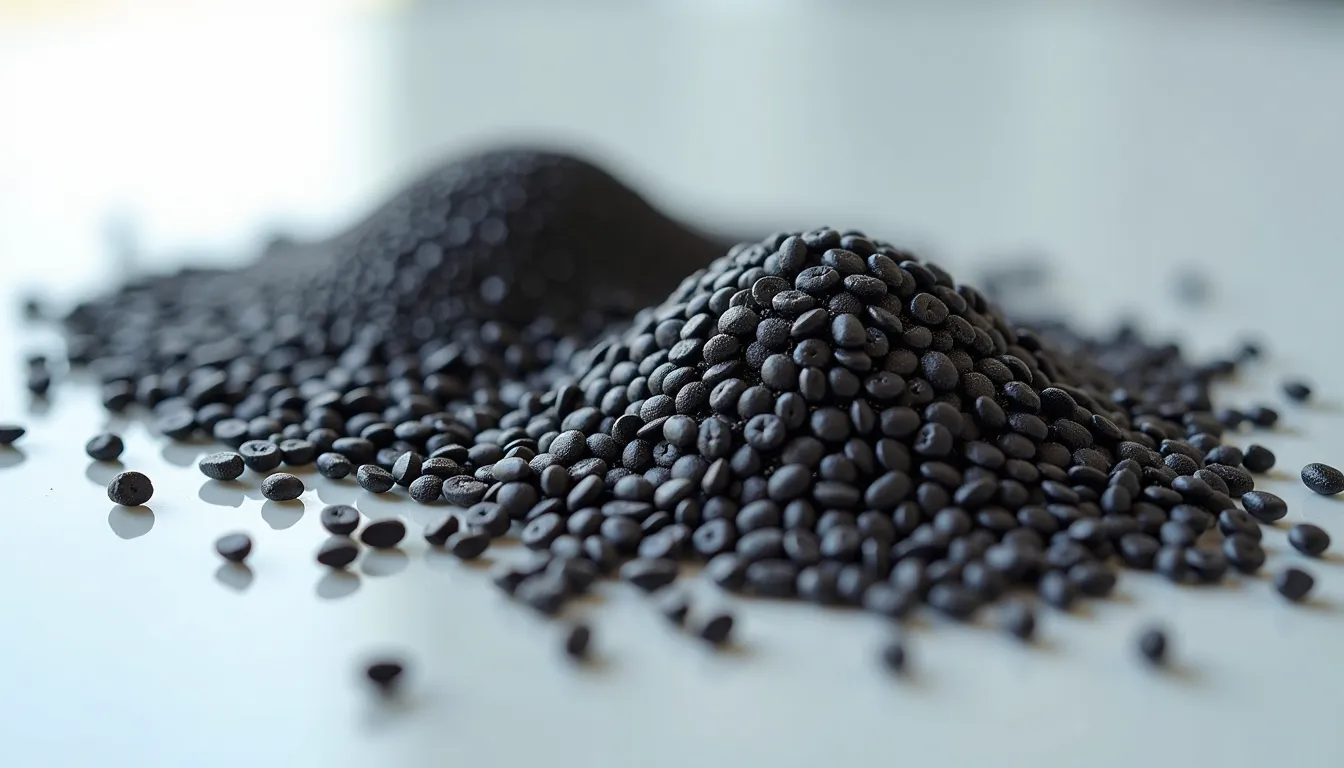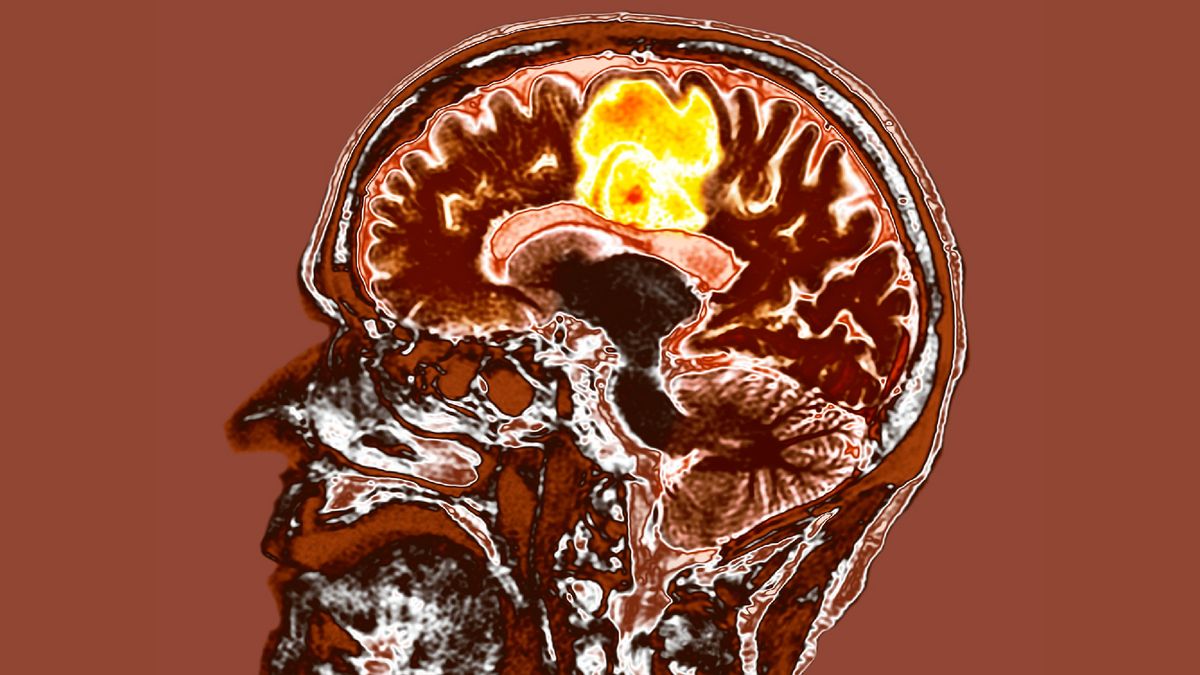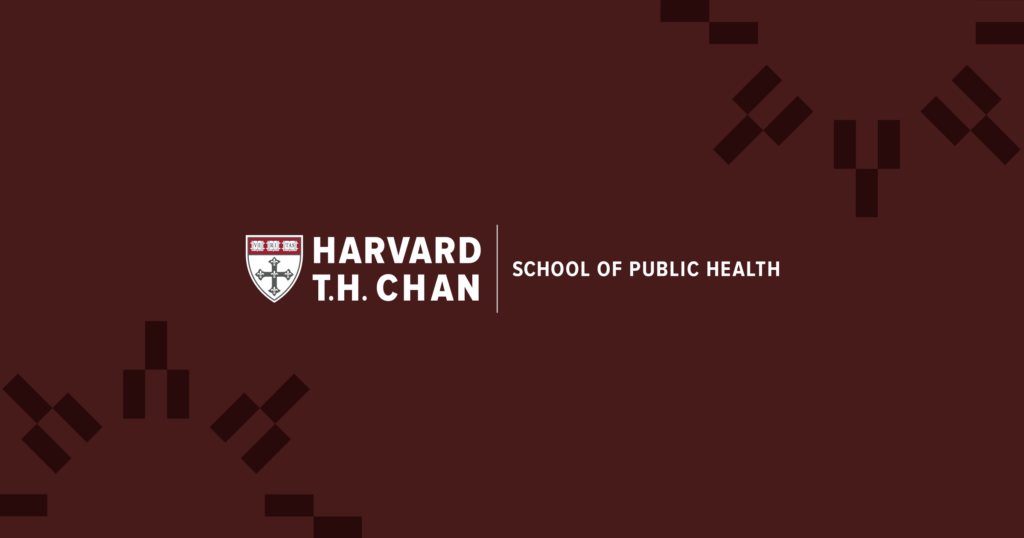Humble hemp-seed and its byproducts hold promise to improve digestive health

A dietary fiber derived from the hulls of hemp seeds has the potential to promote gut health, an important element of overall wellness, finds newly published research from a team at the University of Nevada, Reno.
Now that researchers have seen that the hemp-hull formulation is promising, their next step is better understanding of the mechanism behind its benefits for gut health, said Steven Frese, an assistant professor in the University’s Department of Nutrition in the College of Agriculture, Biotechnology & Natural Resources, who also conducts research as part of the College’s Experiment Station unit. Frese and Karla Flores Martinez, a doctoral student in the Cell and Molecular Biology Program who works in The Frese Lab at the University, served as lead researchers on the project.
Encouraging flourishing microbiomes
The team’s research, newly published in the journal Food Chemistry: X, examined the impact of two chemicals found in the hulls of hemp seeds — N-trans-caffeoyltyramine (NCT) and N-trans-feruloyltyramine (NFT) — on the growth of gut microbes from the diverse community in the digestive system.
The team also examined the impact of Bio Gut FiberTM, a product developed by Brightseed Inc., on the gut microbiome. Bio Gut Fiber™ is a formulation made from hemp-seed hulls. Brightseed Inc., headquartered in South San Francisco, financially supported the research by Frese’s team.
In vitro testing found that Bio Gut FiberTM encourages growth of gut microbe communities found in the human digestive system. The results were promising enough, Frese said, to encourage follow-up in vivo testing.
“We need to understand the mechanism behind the microbiome responses we found so we can better recognize if there are other effects we didn’t expect, or if there are other benefits we need to understand in the future,” he said.
Important health implications
A growing body of research finds that gut health is important, not just to digestion but to overall physical and mental wellbeing.
“Americans don’t eat anywhere near enough fiber, and new ingredients like Bio Gut Fiber are important and novel ways to help add fiber to one’s diet – whether alone or as an ingredient in other foods,” Frese said.
Brightseed Inc. markets Bio Gut Fiber to food manufacturers who are responding to the demand from health-conscious consumers for products with bioactive ingredients. The company used a powerful artificial intelligence tool to identify the dietary potential of NCT and NFT in hemp-seed hulls.
Along with their health benefits, products for digestive health created from hemp-seed hulls could provide a use for a byproduct that’s often overlooked during hemp processing, Frese said. Hemp seeds and oils, which aren’t produced from the same plants as marijuana, are processed for use in a wide range of food products.
Innovative research models
The study of hemp-seed hulls relied on a research model that had been developed by The Frese Lab well before it was contacted by Brightseed Inc. The research group is focused on the ways that food and food ingredients shape the microbiome of the digestive system.
“Half a dozen students have made important contributions to this work over the past two years,” Frese said. “We have been developing the tools used in this research for some time, which has resulted in some unique skills.”
A key part of that work has been collection of fecal samples from a wide variety of Nevada residents. Analysis of those samples through DNA testing and other techniques provides detailed understanding of the relationships between diet and microbe activity in the digestive system. Frese is also working to get data back to the participants of this effort.
Research benefits public
The research into gut health undertaken by The Frese Lab reflects the University’s role as a land-grant institution, with a mission that includes the search for innovation to improve Nevadans’ lives and build a strong economy in the state.
“Our aim is to get discoveries out of the lab and into the hands of people in the community who can make a difference,” Frese said. “This project is one of the examples of that, and we hope to continue to work with industry partners and other researchers at UNR to help bring discoveries from the University out to benefit Nevadans and the country as a whole.”
link






